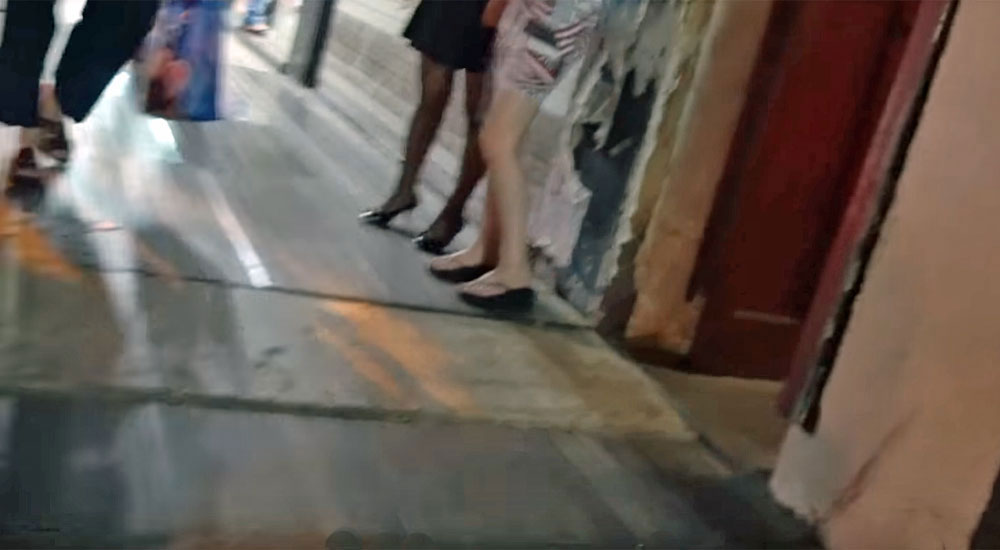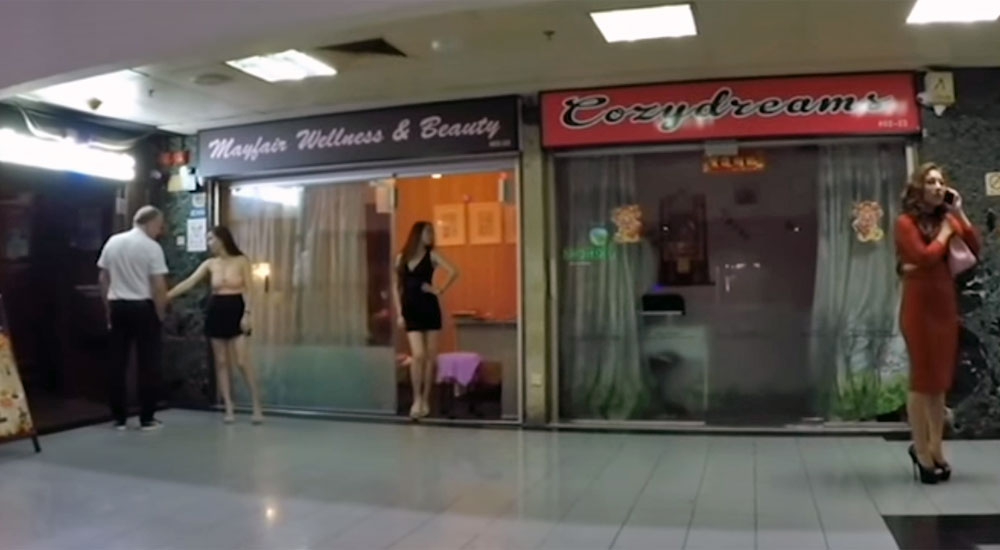Singapore is globally known to be clean and green.
But she also has a thriving sex industry supposedly riddled with loopholes.
If you didn't know that, well, that is exactly what Hong Kong English newspaper South China Morning Post hopes you find out.
Commodification of sex in Singapore
The SCMP story on Singapore's sex industry situation was published on Nov. 20, 2017.
It is one of those kinds of stories you won't see published in The Straits Times, as it is a bit too edgy and defiant.
And right off the bat, the article starts off telling readers something counter-intuitive: A street walker working the pavements in Singapore has been making less money as of late, but this situation reflects a booming sex industry that is growing right under Singaporeans' noses.
Why the contradiction? That is because sex has been so commodified, sex shoppers don't just buy it off the street anymore.
Sex entrepreneurs are retailing everywhere else: Online, in public housing estates, massage parlours, bars, clubs, escort agencies, and even in the heart of Orchard Road.
Singapore's creative approach to vice
More bodacious is the SCMP claim that Singapore's authorities are allegedly taking a creative but practical approach to regulating vice.
Basically, ring-fencing it without tainting the wider society.
This has the added advantage of putting a lid on vice without having to contend with the seemingly hypocritical disguise of normality or getting entangled in espousing principled stances.
[related_story]
Gist of article

The gist of the article claims that "Singapore does not stick too closely to the letter of the law" when it comes to regulating sex work.
Activities that are illegal in Singapore include: Soliciting prostitution in public places, owning a brothel, pimping, online advertising of sex work, recruiting a woman, and so on and so forth.
But Singapore makes allowances with its calibrated management.
Licensed brothels operate in designated areas, such as in Geylang. There is an estimated 80 to 90 licensed brothels in Singapore, according to a sex worker advocacy group quoted in the piece.
But the law against pimping is not actively enforced for brothels in designated red-light areas.
And there is even a licensing process for the women -- couching the phenomenon of sex work as more of a public health issue than a hazard to morals.
Women working in these brothels are required to hold a yellow card bearing their name and photo, and results of the regular check-ups they are required to have for HIV and other sexually transmitted diseases.
This is a licence issued by the police.
Critics then point out that the brothels operate counter to the Women’s Charter, an act passed in Singapore in 1961 that prohibits knowingly living “wholly or in part on the earnings of the prostitution of another person”.
Doing so can result in being jailed up to five years and a fine not exceeding S$10,000.
But brothel operators are not necessarily seen as living off the income of prostitutes, as they are likened to landlords and the women, tenants.
At the same time, to send a message, there are crackdowns on vice from time to time that see police raids and the tightening of laws to outlaw unlicensed massage parlours that double up as providers of sexual services.
How thriving is thriving?

In 2015, police arrested more than 5,000 unlicensed sex workers, mostly foreign women visiting on tourist visas.
They come from Thailand, Vietnam, Indonesia and China.
Sex is sold anywhere from S$10 to S$1,000, with freelance street walkers making a tax-free S$4,000 a month to higher-end escorts raking tens of thousands in a matter of weeks.
Even though the business has come so far, it is still antediluvian in terms of how it operates.
Either the women operate in silo on their own and keep the lion's share of money but still devote a not insignificant amount to advertising, or rely on pimps and agencies to act as representatives, which can mean forfeiting between 20 to 70 percent of the cut to them.
The article ended without a bang though.
It only offered platitudinous advice by saying it would be more ethical for Singapore to make conditions safer and less difficult for sex workers to ply their trade without harassment and with dignity.
If you like what you read, follow us on Facebook, Instagram, Twitter and Telegram to get the latest updates.
